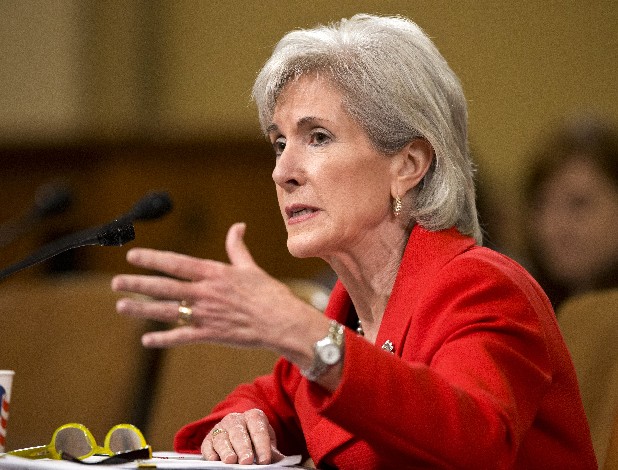Health insurers will refund to their customers next month only a fraction what they did a year ago under requirements of Obamacare.
Tennesseans will get back $5.6 million and Georgians will receive more than $15 million in refunds next month from health insurers that didn't meet the medical pay-out ratios under the Affordable Care Act. The payments are part of $500 million in rebates being distributed nationwide in August to 8.5 million enrollees, who will share an average rebate of around $100 per family.
A year ago in the first year of the new requirement, insurers nationwide refunded $3.9 billion to customers -- including $29.5 million in Tennessee -- for premiums collected that didn't pay out enough to hospitals, doctors and other medical providers.
The decline in refunds this year is due to the fact that health insurance companies, on average, paid out a bigger share of their premium income last year for direct health care services and kept less for their own administrative, marketing, taxes and executive pay than they did in 2011.
Under the Affordable Care Act, health insurance companies are required to spend at least 80 cents of every premium dollar on patient care and quality improvement. If they spend a higher amount on other expenses like profits, red tape or sales commissions, they owe rebates back to consumers by August of the following year.
Health and Human Services Secretary Kathleen Sebelius says Obamacare has saved $5 billion over the past two years under the medical pay-out provision by limiting the share of premium income that insurance companies may keep and spend themselves.
"The health care law is providing consumers value for their premium dollars and ensuring the money they pay every month to insurance companies goes toward patient care," Sebelius said.
Insurers insist they already paid out most of their premiums to health care providers and they now could have less money for community initiatives, selling of plans to individuals and some types of consumer education and marketing.
Tennessee's biggest insurer, Chattanooga-based BlueCross BlueShield of Tennessee, isn't paying any refunds because it met all of the federal requirements for medical pay-outs.Last year, BlueCross refunded $8.6 million to about 73,000 individual policy holders.
BlueCross paid out 83.1 percent of what it collected from individuals for medical services last year, exceeding the minimum 80 percent pay out required under Obama- care for individual plans. For large employers with more than 100 employees, BlueCross paid out 89.1 percent of the premiums it collected for medical services, exceeding the 85 percent minimum requirement.
The state's largest health insurer reported a pretax profit margin of 3 percent in 2012.
"Historically, the BlueCross medical loss ratios have been within the ranges set by the Affordable Care Act as we've always worked to ensure our members' premium dollars are going toward their care and peace of mind," Calvin Anderson, senior vice president and chief of staff for BlueCross, said in a statement this summer. "We have a continuing commitment to control costs on all fronts."
If an insurer did not spend enough premium dollars on patient care and quality improvement, rebates will be paid as a rebate check mailed out by early August, a lump-sum reimbursement to the same account that they used to pay the premium if by credit card or debit card, or a reduction in future premiums.
Insurance companies that do not meet the standard will send consumers a notice informing them of this new rule. The notice will also let consumers know how much the insurer did or did not spend on patient care or quality improvement, and how much of that difference will be returned as a rebate.
Under a regulatory requirement known as the "80/20" or "medical loss ratio" rule, insurers must pay out at least 80 percent of what they collect in premiums for individual or small group policies -- and 85 percent of what they collect in premiums on large employer accounts -- to medical providers.
Gary Cohen, Centers for Medicare & Medicaid Services deputy administrator and director of the Center for Consumer Information and Insurance Oversight, called the rule a vital tool to help keep consumer costs down.
For insurers, "if they spend an excessive amount on profits and red tape, they owe rebates back to consumers," Cohen said.
In Tennessee, 13 health insurers will provide rebates averaging $69 for nearly 132,000 consumers in the Volunteer State. In Georgia, nine health insurers will provide rebates averaging $82 for nearly 248,000 consumers.
Contact Dave Flessner at dflessner@timesfreepress.com or 423-757-6340.

